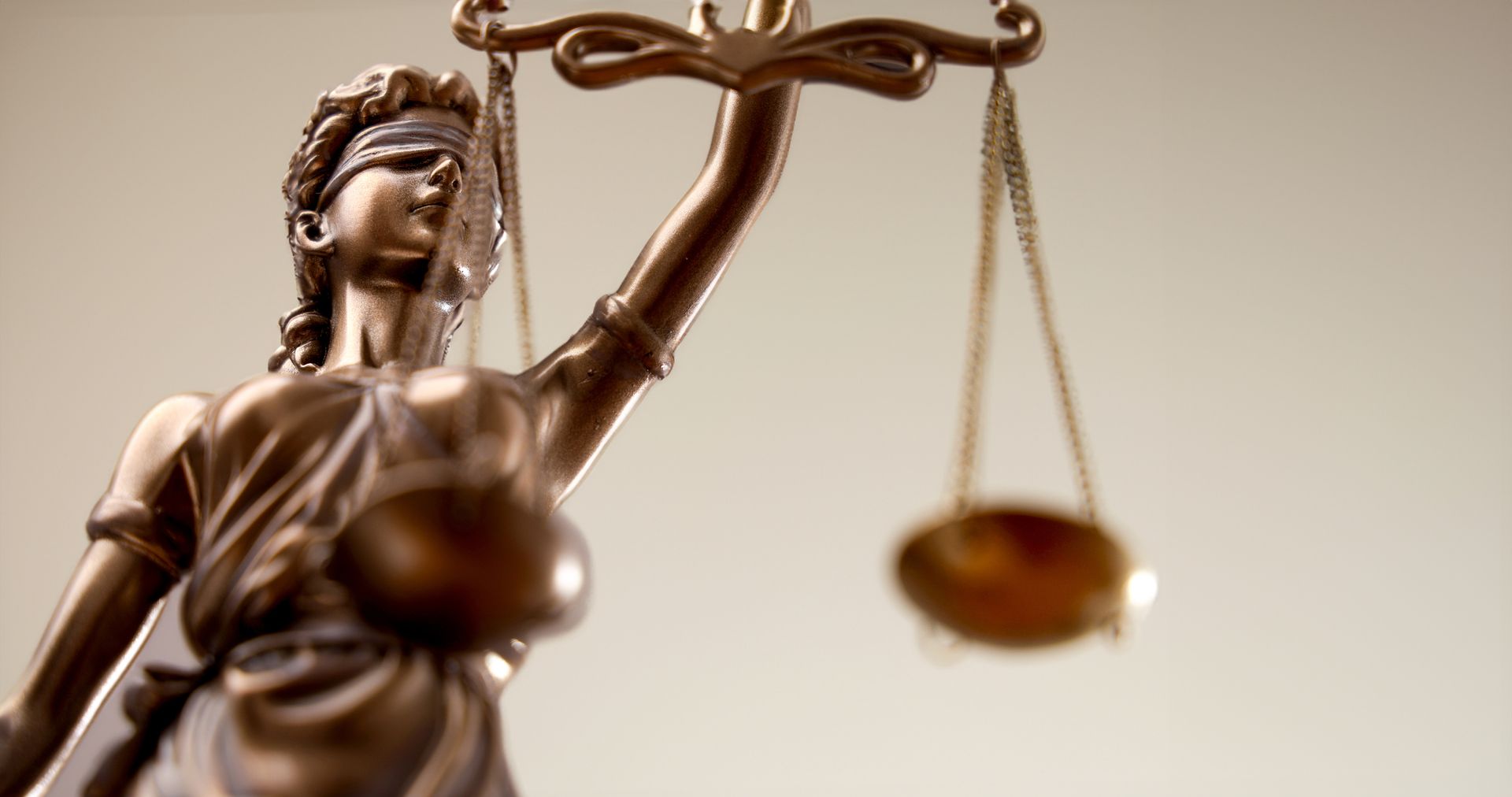A Solicitor’s Guide to Drug-Related Offences and What to Do If You’re Charged

We often hear about perpetrators getting charged for drug-related offences in the media, but for some reason, many people don’t think it will happen to them. In fact, many people fail to realise that drug-related offences are serious crimes, and believe they won’t face the consequences of their involvement at the hands of Scotland’s legal system. However, this isn’t the case.
Being found guilty for drug offences could land you in prison, so it’s important to make sure you have a good understanding of the laws surrounding these crimes and know what to do if you’re accused of an offence. Here, we’ve put together a guide to the drug offences you could be charged for in Scotland.
Under the Misuse of Drugs Act 1971, which is currently in action across the United Kingdom, there are three categories of controlled substances. These are:
● Class A - Drugs with an A classification are considered the most serious in law. Class A drugs include cocaine, heroin, LSD, MDMA and crack.
● Class B - Class B substances include cannabis, ketamine and amphetamine.
● Class C - Class C substances include anabolic steroids, sleeping tablets and GHB.
The class of a drug will have an effect on the way it’s treated in law. For instance, the supply of a class C drug will typically carry a lesser sentence than the supply of a class A drug, however, this is circumstantial and will depend on several factors. In some cases, drugs will also be considered under different classifications. For instance, in the event that class B drugs are intended for injection, they will be treated as class A drugs.
In addition to class A, B and C drugs, there is a fourth classification. This classification refers to drugs controlled and monitored under the Psychoactive Substances Act 2016, which is currently in place across the UK. The substances controlled under this legislation include drugs which are produced to affect an individual’s central nervous system, excluding caffeine, nicotine, tobacco, alcohol and some foods.
Although some psychoactive substances, such as nitrous oxide, are often described as legal highs, this is a misleading name; being found guilty of producing, supplying or possessing with intent to supply psychoactive substances carries a maximum sentence of seven years in prison.
You can also be criminally charged for drug offences under the Misuse of Drugs Act 1971. These drug offences include:
Being in possession of controlled drugs is an illegal offence and is one that you could be criminally charged for. In fact:
●Being found in possession of class A drugs could see you face up to seven years in prison and a fine.
●Being found in possession of class B drugs could see you face up to five years in prison and a fine.
●Being found in possession of class C drugs could see you face up to two years in prison and a fine.
Whether or not a possession offence is taken to the Crown Prosecution Service depends on several factors. For instance, if you are caught with class C drugs, such as cannabis, you may be issued with a fine on the spot if it’s found to be your first offence.
Possession with intent to supply
Possession with intent to supply typically carries a heavier sentence than possession alone. If law enforcement officials have reason to believe that you’re planning to supply the drugs in your possession, you may be criminally charged for possession with intent to supply. The sentence or fine you are handed will also depend on the classification of the drug in question.
Being involved in the production of controlled substances is also an illegal offence. Whether you’ve supplied the equipment used in the production process or you are directly implicated in the manufacturing of drugs, you could face life imprisonment.
The supplying of drugs, otherwise known as drug dealing, can also carry serious criminal charges. It’s a common misconception that drug dealing only refers to the selling of controlled substances, but sharing drugs is also a criminal offence.
The most serious criminal charge for the supply of drugs is life imprisonment, which may be sentenced if you’re found guilty of dealing large quantities of class A drugs. Supplying class B and C drugs typically carries a lesser sentence, but perpetrators can still face up to 14 years in prison.
The
importation and exportation of drugs is also a criminal offence. This doesn’t
just refer to the shipment of large quantities of drugs; buying them online for
personal use is also a punishable offence. However, buying them for personal
use doesn’t carry the same sentence as importing them with intent to supply,
which will be taken into account during the court proceedings.
Which factors can influence your sentence?
If you are found guilty of a drug-related offence, the following factors will be taken into account:
●Whether or not you have a criminal record
●Whether or not you have been prosecuted for drug-related offences previously
●The classification of the drug in question
●The quantity of the drug in question
●The environment in which you were found.
If you are charged with a drug offence, your solicitor will examine these factors to determine whether or not there are any circumstances which might mitigate your sentence.
If you are arrested due to a drug offence, it’s in your best interests to hire a criminal defence lawyer. Once you’ve been taken to the police station, you will have the right to discuss your case with a duty solicitor (a solicitor appointed to you free of charge) or with a legal professional of your choice.
Remember - if you are under the age of 18, a family member, social worker or another adult over the age of 18 must be present during police questioning. This is to ensure that all legal procedures are followed by the book.
If you are in a position to do so, it is recommended that you hire your own solicitor. Hiring your own solicitor means you will receive the highest standard of legal advice and gives you the opportunity to discuss your case with someone you trust.
Hiring a defence lawyer is something to be taken very seriously. To make sure you receive the best legal representation, it’s important to hire someone you can trust. Failing to do so may mean you don’t receive the best possible outcome for your specific case.
When searching for a solicitor, make sure they specialise in criminal defence law. This will mean they are experienced in representing individuals facing criminal charges and will have the most up-to-date knowledge of the UK’s drug offences legislation, which will certainly work in your favour. An experienced and qualified solicitor will help you to prepare for any court dates and make sure you are fully aware of the ongoing procedures.
Drug offences are extremely serious; being found guilty of such a crime could negatively impact your relationships, career and reputation, so finding the best solicitors in your local area is imperative. If you’re looking for a criminal defence solicitor in Aberdeen, Lefevre Litigation is here for you.
Searching for legal advice in Aberdeen? Look no further for solicitors you can rely on
If you’ve been accused of an offence, hiring qualified solicitors is the first step towards clearing your name. At Lefevre Litigation, based in Aberdeen, we understand just how serious drug offences are and are committed to offering the most honest, accurate and up-to-date legal advice possible.
Our compassionate and highly-trained solicitors are experts in a range of legal matters, so whether you’re seeking a criminal defence lawyer for advice with a public disorder accusation or a breach of peace charge, look no further than Lefevre Litigation.
For more information about how our criminal law solicitors could help you, please don’t hesitate to get in touch today. Your case will be dealt with sensitively and fairly, no matter what your circumstances.









